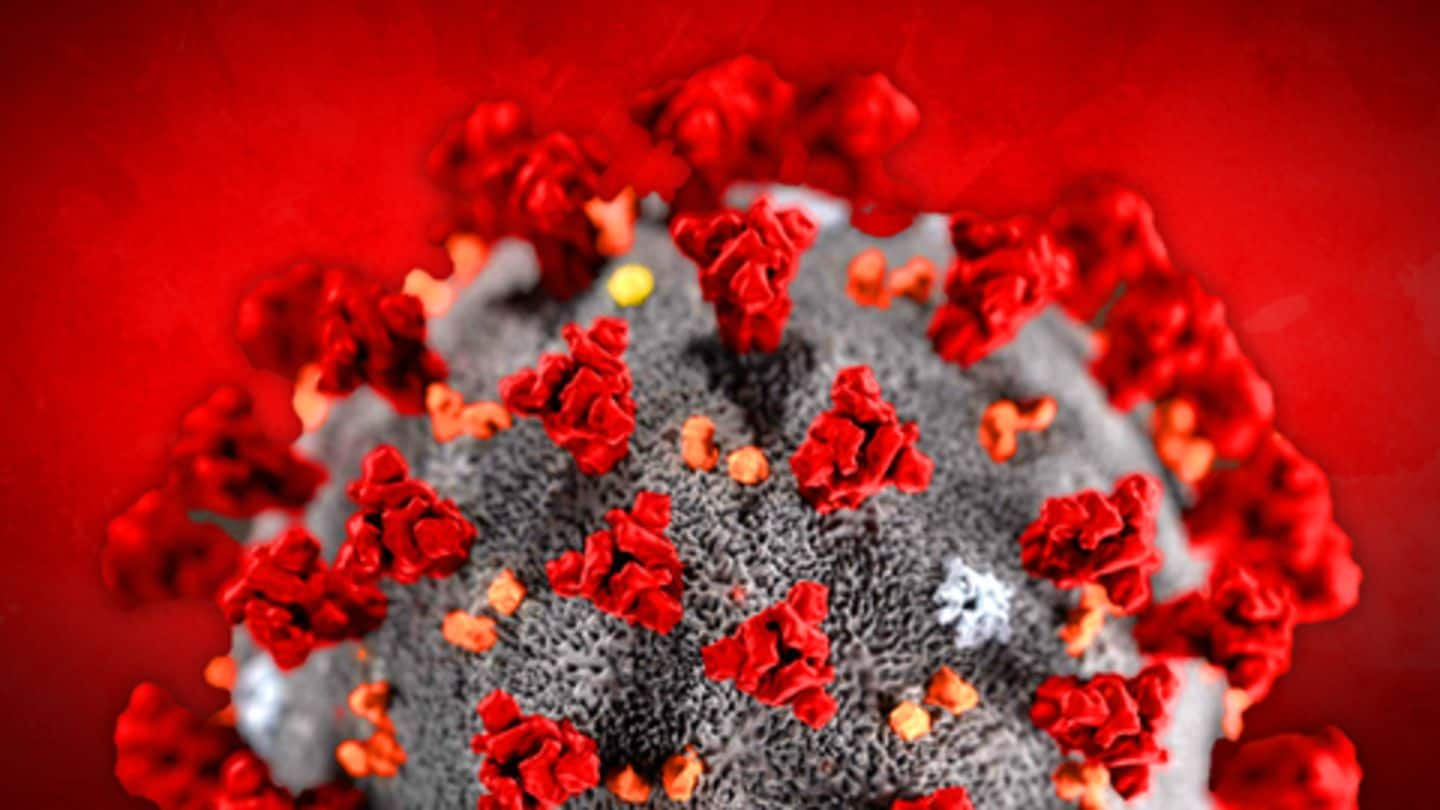
Coronavirus round-up: WHO calls it pandemic, India suspends visas
What's the story
Months after it originated in China, the World Health Organization declared coronavirus outbreak as a pandemic, while asking all countries to take urgent and aggressive action.
Making the announcement, WHO chief Tedros Adhanom Ghebreyesus said the body has rung the bell loud and clear. But before this significant announcement, countries starting taking steps to ensure things don't get worse.
Here's our round-up.
Beginning
Reportedly, it originated from Wuhan's seafood market
The 2019-nCoV is a coronavirus that belongs to the family Coronaviridae. The virus only has single-stranded RNA and needs to hijack other living cells to multiply.
The outbreak happened at Seafood Wholesale Market in the Chinese city of Wuhan, spread to other parts of the country, and eventually the world.
In December, China locked down at least five cities to prevent the infection.
Symptoms
The symptoms aren't different from flu
The symptoms of COVID-19 aren't quite different from flu or pneumonia. The infected person coughs, catches fever, and feels fatigued. In the worst cases, the infection leads to multiple organ failure, and in most horrifying cases causes the patient's death. A vaccination or medicine is yet to be developed.
Coronavirus has spread to at least 114 countries and has infected over a lakh.
Declaration
Declaring it a pandemic, WHO official pulled up countries
In the first few weeks of the outbreak, hundreds died in China. Yesterday, the WHO labeled it a pandemic, which is an official announcement that the disease has grappled citizens across the globe.
Tedros said several countries controlled the outbreak but others failed.
"We're deeply concerned both by the alarming levels of spread and severity and by the alarming levels of inaction," he said.
Quote
Some countries lack resolve: Tedros
"We can not say this loudly enough or clearly enough or often enough. Some countries are struggling with a lack of capacity. Some countries are struggling with a lack of resources. Some countries are struggling with a lack of resolve," Tedros said.
Aftermath
Does declaring the outbreak a pandemic change anything?
On the ground, it doesn't change much. It doesn't mean that the WHO will get more funds or power to fight it. But it does imply that WHO understands the disease has reached unprecedented levels.
Global experts feel that since the coronavirus outbreak has been labeled a pandemic, it will have political and economic ramifications.
It could prompt stricter trade and travel restrictions.
Ban
US has banned travel from large parts of Europe
And the travel restrictions have turned out to be true. Recently, United States President Donald Trump announced that travel from several areas of Europe to the States will be suspended for the next thirty days.
Europe was cherry-picked by his administration since a large number of cases were reported from there, mainly Italy.
Trump said citizens who have undergone appropriate screening will be exempted.
Decision
Meanwhile, India has suspended visas till April 15
Late last evening, India also announced it was suspending visas till April 15. This rule, however, doesn't apply to diplomatic, official, UN/International organizations, employment and project visas.
The government also plans to scale down travel out of India.
The number of cases reported in India surged to 67 yesterday as fresh cases were reported in Maharashtra, Rajasthan, Kerala, and Karnataka.
Measures
Wash hands, use masks to protect yourself
Health experts across the globe have advised people to wear masks, and not come close to a sick person. To keep the virus at bay, it is also advised to wash hands with soap and water and use a hand sanitizer regularly.
If one experiences symptoms, the person should seek medical help at the earliest and avoid going out in public.